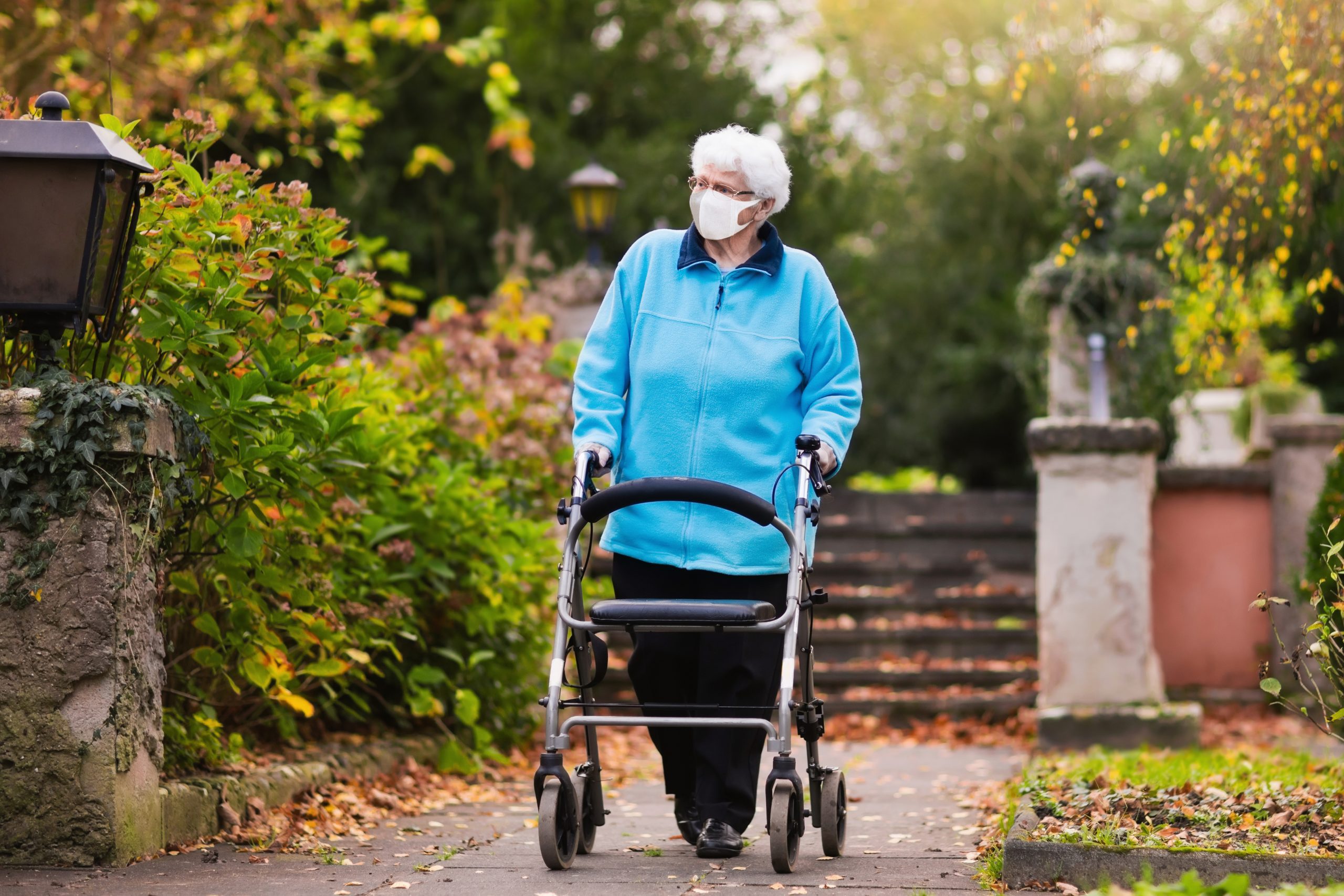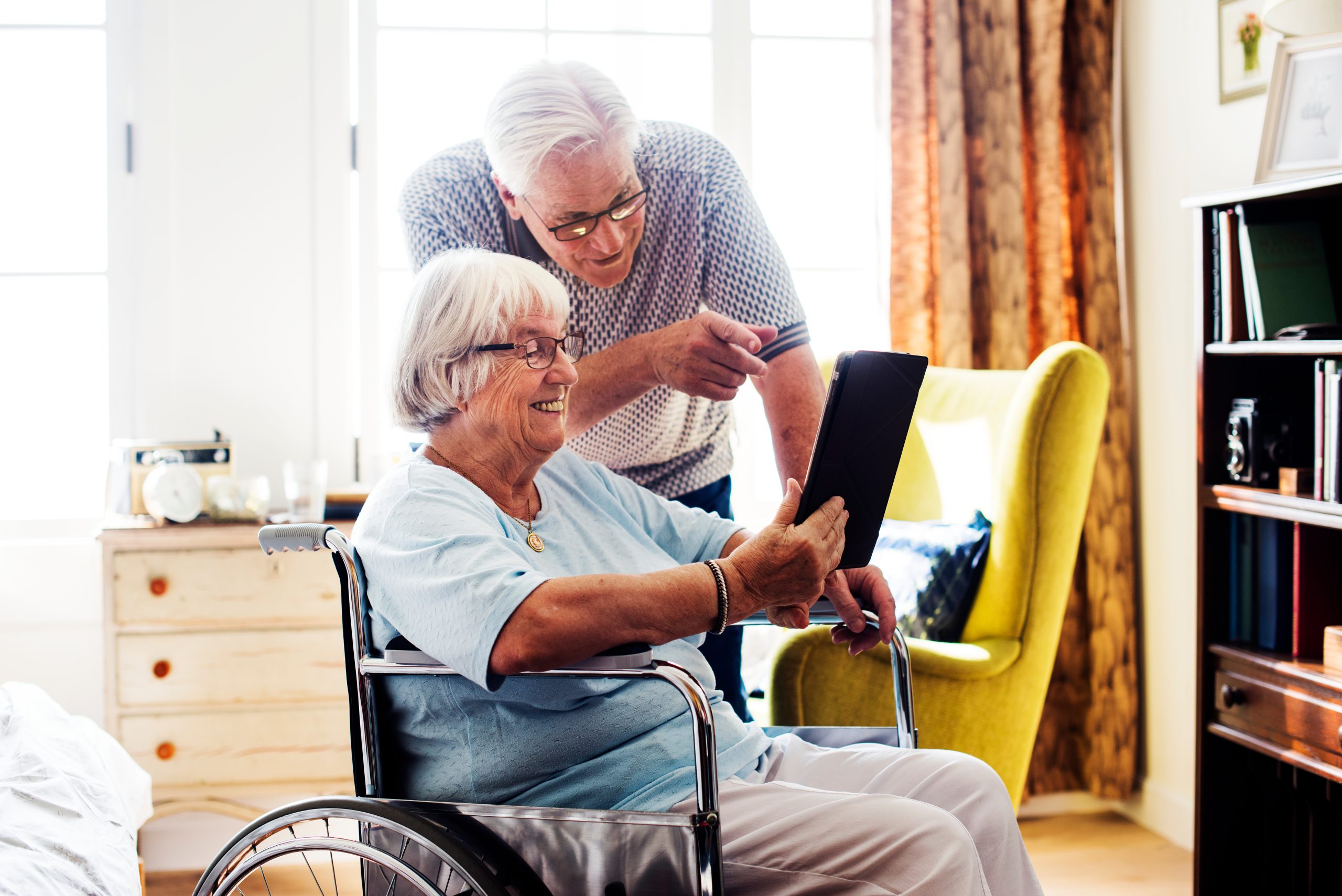Fire safety
It’s vital to have at least one smoke alarm on every floor of your home. Alarms should bear the British Standard number BS 5446 and the Kitemark. Be sure to keep the alarms clean and to test them monthly.
You should change alarm batteries at least once a year. Alternatively, you can get a long-life alarm that lasts between seven and 10 years. There are also specialist smoke alarms available if you have hearing or sight difficulties; for example, the
Royal National Institute for Deaf People has products for people who are hard of hearing. If you live in private rented accommodation, check with your landlord to make sure there are working fire alarms in your property.
Some fire and rescue services also offer a Home Fire Risk Check where they help you install smoke alarms, plan escape routes and assess other hazards.
Contact your local fire service to find out more, or if in Northern Ireland, contact
Age NI for a free referral for a Safety Check.
Electrical safety
Most homes have lots of things plugged in, but making sure everything’s being used safely can help prevent a fire.
Keep an eye out for any fraying or exposed wires and any damaged appliances and sockets. Don’t ignore warning signs such as burning smells, buzzing or crackling sounds, or fuses blowing.
Be careful not to overload sockets, too. If you don’t have enough sockets, you can use a bar adapter on a lead – but make sure you only put one plug directly in each socket for appliances that use a lot of power, such as a fridge or washing machine.
Avoid leaving heaters unattended and don’t use them while you’re sleeping. Be careful when using electric blankets – check whether yours can definitely be left on overnight and look for any danger signs, such as fraying fabric or scorch marks. Never switch it on if you, or it, are wet and don’t use it with a hot water bottle – however cold it might be!
Gas safety
It’s good to have an annual check to make sure your appliances are working safely, but do make sure checks and any repairs are carried out by a Gas Safe registered engineer.
If you own your home and receive a means-tested benefit, such as Pension Credit, you may be entitled to a free annual gas safety check from your energy supplier. Contact your supplier directly to see if you’re eligible. If you rent, your landlord is legally required to arrange a safety check with a registered Gas Safe engineer at least once a year for any gas appliances they’ve provided. The landlord must then give you a copy of the inspection record within 28 days of the check and fix any problems reported by the engineer.
Heaters, boilers or other appliances that burn gas, coal, oil or wood can give off carbon monoxide if they aren’t working properly. Even low exposure to carbon monoxide can cause long-term health problems, while high exposure can cause poisoning.
Installing a simple audible carbon monoxide detector will help prevent poisoning – but make sure it bears the Kitemark and European Standard number BS EN 50291. If you live in private rented accommodation, your landlord must fit an alarm in each room containing a gas or solid fuel appliance (excluding appliances used for cooking purposes). Speak with them directly if you think you need one fitted or checked.
Finally, energy suppliers and distribution network operators have Priority Services Registers for people over state pension age and those who need some extra help, perhaps because they live with a long-term health condition or disability or are unable to communicate in English. Some people need support temporarily after an injury or illness, too.
Useful resources:
- If at any point you smell gas or suspect a gas leak, open all doors and windows, turn off the gas supply and call the 24-hour National Gas Emergency Service on 0800 111 999
- If you have a power cut, call 105 free of charge. In Northern Ireland, contact Northern Ireland Electricity on 03457 643 643
- Contact the Gas Safe Register for more information on gas safety or to find a registered engineer
- Read Age UK’s list of useful contacts

